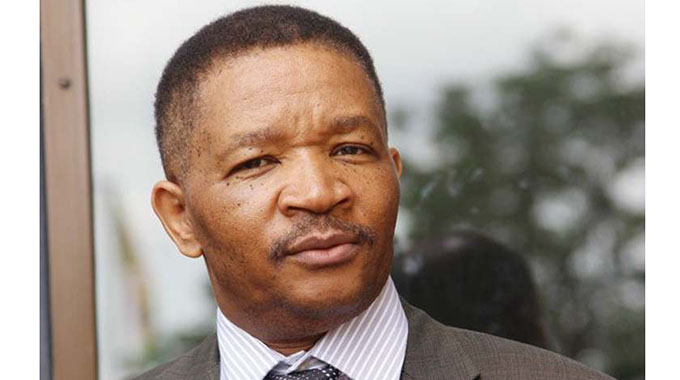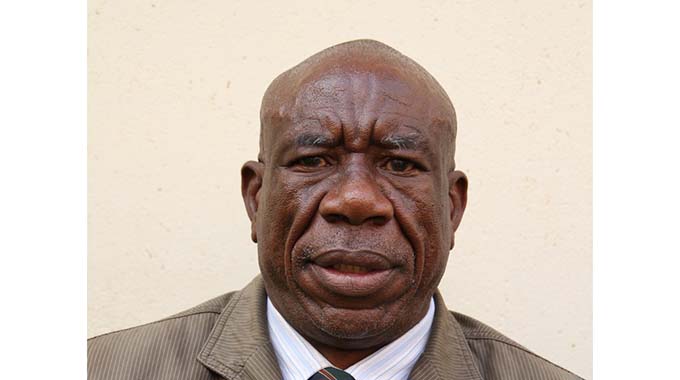Zim dry port records huge business turnover

Tendai Mugabe Senior Reporter
Zimbabwe’s dry port in Walvis Bay, Namibia, is now operational and has recorded exceptional business turnover following its official opening by President Mnangagwa last year, Transport and Infrastructural Development Minister Joel Biggie Matiza has said.
The dry port is one of the country’s trade gateways to the Atlantic Ocean opened under the new dispensation in line with President Mnangagwa’s policy that “Zimbabwe is open for business.”
Walvis Bay dry port is seen as an alternative, cheaper and shorter route for transportation of goods via the sea.
In an interview , Minister Matiza said more business was coming via the Walvis Bay dry port.
“I am happy to tell the nation that our dry port in Walvis Bay is now fully operational. Business is coming and it’s very encouraging,” said Minister Matiza.
“We have received the first consignment of about 200 tonnes of timber and the port is being managed by the National Handling Services. We are expecting more volumes in the not-too-distant future.”
Officially opening the port, President Mnangagwa said: “This dry port infrastructure will go a long way towards the realisation of economic development and integration of our countries. It’s not only going to serve Zimbabwe.
“It is going to serve Zimbabwe Botswana, Malawi, Zambia and possibly DRC. This facility provides us in Zimbabwe with a direct alternative shipping route on the Atlantic side for both exports and imports from the Americas, the Far East, Europe and West Africa. It will further broaden the prospects of our companies to increase trade within the context of African (Continental) Free Trade Area (AfCFTA), by promoting inter-African trade.”
The dry port facility was built on an estimated 19 000 square metres given to Zimbabwe by Namibia on a lease agreement of over 50 years. In a related development, Cabinet recently approved the construction of a rail line linking Zimbabwe and the Beira seaport in Mozambique by an Australian company — Balmoral Investments.
The rail line would be used to carry mining and agricultural produce destined for other countries. Balmoral Investments, according to the Ministry of Transport and Infrastructural Development, owns a piece of land at the Beira seaport and is going to construct a dry port and a container depot that would be handed over to the Government of Zimbabwe under a Build Operate and Transfer arrangement.
It is understood that Balmoral Investments is already mobilising funds for the construction of the sea port.









Comments